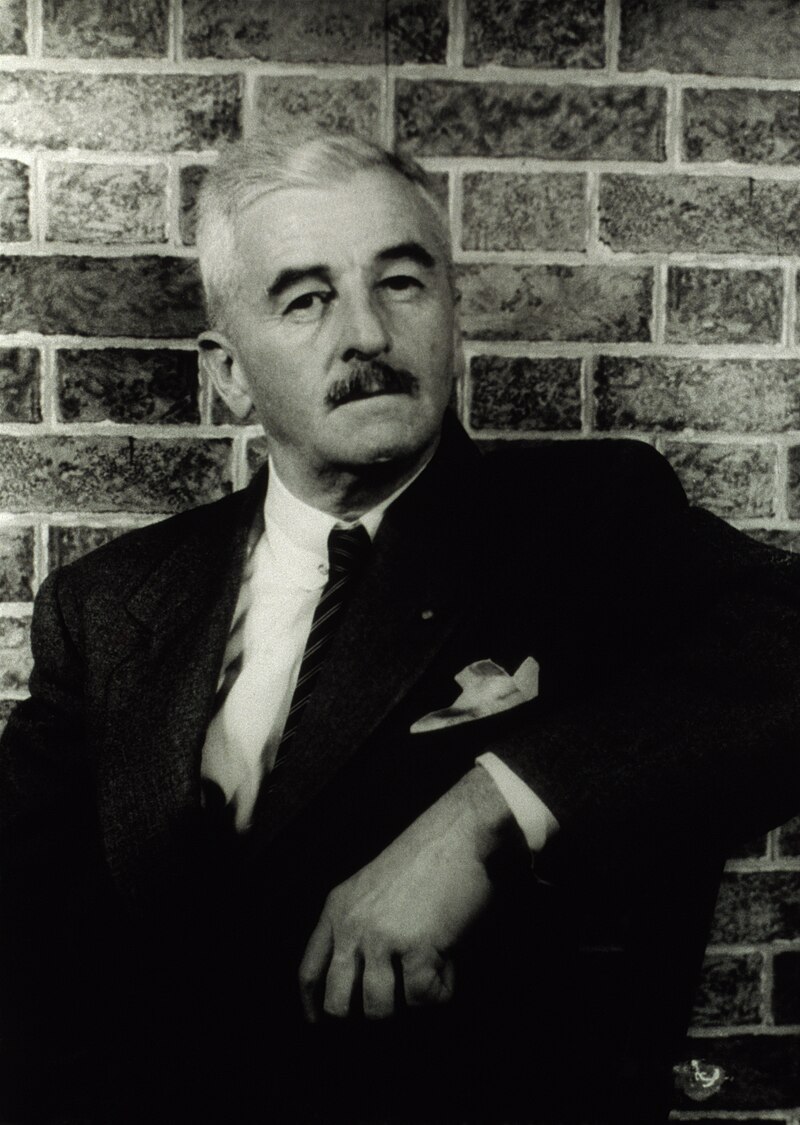For several years now my birthday always brings to mind the remarkable coincidence that I share the day with two of my favorite personalities from the world of the arts. Studying them in depth came later in my life and it's only been in the last thirty years or so that I realized September 29 was a big day we shared. It's a coincidence from somewhere in the stars beyond time. I don't want to attempt an explanation. And there's no delusion here, my friends, I will never approach their genius. Not sure I'd want to. I'll simply leave it at that and let this post unfold.
So who are these two artists? They are Walter Inglis Anderson and George Gershwin. I discovered Anderson on my own in the 1970s during the dedication of a National Park Service visitor center in Ocean Springs, Mississippi. The award-winning center featured architectural elements incorporating his motifs as well as interior displays of his nature paintings, island journals, and other books. The building itself, a gift to the National Park Service, was a work of art emerging from the salt marsh at the edge of Davis Bayou. Unfortunately, the center was destroyed by Hurricane Katrina. In regard to George Gershwin, I had an ear for him very early in life as my mom and dad enjoyed listening to his work on radio, records, and television.
 |
| Walter Inglis "Bob" Anderson, Self-Portrait, ca. 1941 |
 |
| George Gershwin a few months before his death in 1937 |
Anderson and Gershwin were filled with creative genius and tragic loss. Anderson died (1965) in his early sixties recognized as a local artist and obscure introvert wracked by schizophrenia. National appreciation of his contribution to American art would come slowly and long after his death. Even today he's not well known among general populations beyond the South. Gershwin would die of an aggressive brain tumor at the age of 37 at the height of his career and known throughout the world.
Walter Inglis Anderson, was born on September 29, 1903 in New Orleans. After training at the Pennsylvania Academy of Fine Arts in the mid-1920s, he spent most of his career associated with Shearwater Pottery, a family enterprise founded in Ocean Springs, Mississippi. Though deeply troubled with mental illness for much of his life, he produced thousands of vivid works of art - often called "abstract realism" - seeking to celebrate the unity of human existence with nature. I often describe his work as decorated illustrations that play freely with figure and ground and the positives and negatives of visual perception. His realizations of nature explode in the mind's eye. Observing Anderson is a meditative experience. Visit the Walter Inglis Anderson Museum of Art site to learn more about the life and work of this regional artist whose work has only recently has taken on national significance.
 |
| Frogs, Bugs, Flowers Walter Anderson, ca 1945 |
George Gershwin was born in New York in 1898. He went on to become perhaps the most beloved American composer of the last century through his many compositions for the musical stage, the concert hall, and what has become known as the Great American Songbook. Gershwin's appeal comes in part from his colorful and lively incorporation of jazz motifs in all of his music. He died in 1937 with what could only be called a spectacular career ahead of him. I often imagine what he could have brought to American music had he lived another forty years. Here is a spectacular interpretation of the final movement of Gershwin's Concerto in F. For good reason he originally called the it New York Concerto. To me there's no more energetic sound image of the Big Apple than this piece.
 |
| Little Room, South Wall Walter Inglis Anderson, 1950-65 |
Sources
Photos and Illustrations:
Walter "Bob" Anderson, Self-portrait, 1941. Walter Anderson Museum of Art, Ocean Springs, Mississippi.
Frogs, Bugs, and Flowers, Walter Anderson, ca 1945. Repository: Roger H. Ogden Collection. Copyright held by Roger H. Ogden.
George Gershwin 1937. Carl Van Vechten Collection, Library of Congress


















